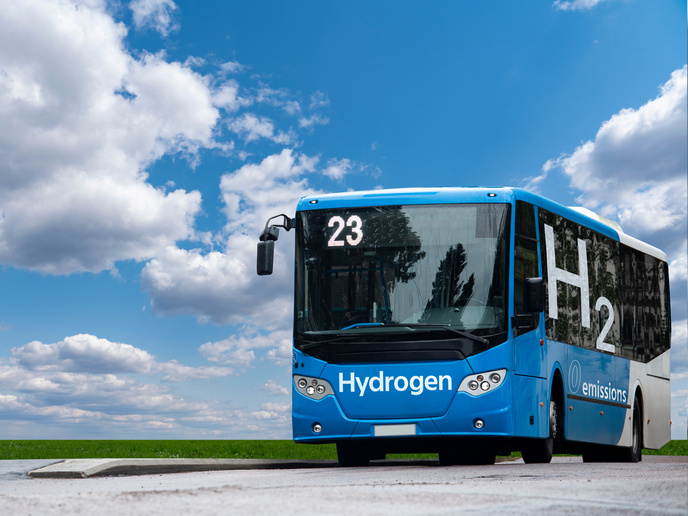A new vision for agro food waste
Europe’s agro food industry is flourishing, from winemaking and cheesemaking to fruit juice production. While a robust agro food sector is good for the economy and its population, it produces large amounts of biowaste and emissions that can both be exploited in better ways. With this in mind, the EU-funded project VALOWASTE (Valorisation of waste streams from the agro food sector) developed a low-cost eco-efficient method to exploit waste and waste streams from the winery sector. ‘We worked on reducing environmental impacts by recovering bio based products,’ says project researcher Dr Arunima Nayak. ‘These products include biofuels, bioactive food ingredients like the polyphenols and other by-products like activated carbon which can eventually be used to reduce wastewater effluents.’ Eco-friendly waste treatment for wineries To achieve its aims, the project team worked on recovering bioactive polyphenols from winery solids and wastewater. It also researched the potential for recovering biofuels from the wine wastewater while simultaneously treating the wastewater effluents in line with discharge standards. Based on its research outcomes, the project team effectively recovered significant amounts of polyphenols from the solid winery waste (grape pomace) using green solvents and processes. ‘We then applied an innovative technology of anaerobic digestion and achieved high biodegradability of wine wastewater to biomethane with significant yields,’ adds Dr Nayak. Another key project achievement includes low-environmental-impact separation technologies like adsorption in recovering phenolic compounds from the winery wastewater. The novelty of this method lies in using the exhausted grape pomace to prepare highly effective low-cost activated carbons. ‘We developed bio-based activated carbon and biochar from winery waste solids to use as low-cost adsorbents for wastewater treatment,’ clarifies Dr Nayak. Eco-innovations to treat agro food waste In addition to developing eco-friendly smart separation technologies (e.g. adsorption, ultrasound), the use of microbial bioremediation – especially anaerobic digestion – represents an innovative technology in several ways. ‘Not only is it cost effective, but it also serves the dual role of wastewater treatment along with being an environmentally safe method to manage food waste,’ says Dr Nayak. ‘Anaerobic digestion of organic winery wastes to create biofuel will also help reduce emissions and decrease our dependence on fossil fuel.’ Moreover, the new low-cost, environmentally friendly adsorption technology can remove 100 % of trace organic contaminants that might be found in the treated water after bioremediation. ‘The novelty of the method used in the project lies in using waste materials from agricultural by-products and dead biomass to prepare highly effective low-cost activated carbons via appropriate heating and chemical treatment,’ explains Dr Nayak. Other sectors can benefit too By publishing its results and highlighting new environmental processes in treating agro-food waste and wastewater, the project has ensured knowledge transfer on the topic to other interested researchers and sectors. VALOWASTE results can be directly implemented in other agro food sectors such as olive oil and palm oil production, cheesemaking and fruit juice. ‘Such sectors have a similar wastewater composition containing high organic constituents which can be easily exploited to recover antioxidants, bioenergy and other bio-based components like activated carbon,’ adds Dr Nayak. The project’s achievements are very much in line with today’s zero waste sustainability concept. Armed with these and similar research innovations, the agro-food industry in Europe can become a green model for the rest of the world.







